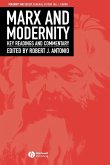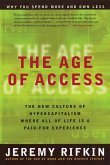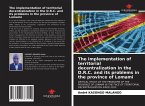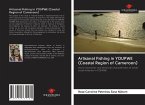Contrary to the opinion of most researchers, who view globalization and nationalism as unrelated and even opposing historical phenomena, the author substantiates the position that the formation of nations and nationalism is immanent to the second stage of globalization. The book explores the evolution of the concepts of "globalization", "nation" and "nationalism" in the history of European philosophy and science in XVIII - XX centuries, analyzes modern concepts of origin and evolution of globalization, nations, nation-states and nationalism, evaluates their methodological advantages and disadvantages. A new interpretation of the concepts of "globalization" and "nationalism" is offered. Using which the author manages to link the formation of the Euro-Atlantic form of globalization with the nationalism of the major European nations and ethnic nationalism in the 18th - first half of the 20th century, to reveal the dialectic of contemporary globalization and nationalism in relation to the changed functions of nation states and new forms of state and ethnic nationalism in the late 20th - early 20th century. For philosophers, social scientists and a wide range of readers.
Hinweis: Dieser Artikel kann nur an eine deutsche Lieferadresse ausgeliefert werden.
Hinweis: Dieser Artikel kann nur an eine deutsche Lieferadresse ausgeliefert werden.








